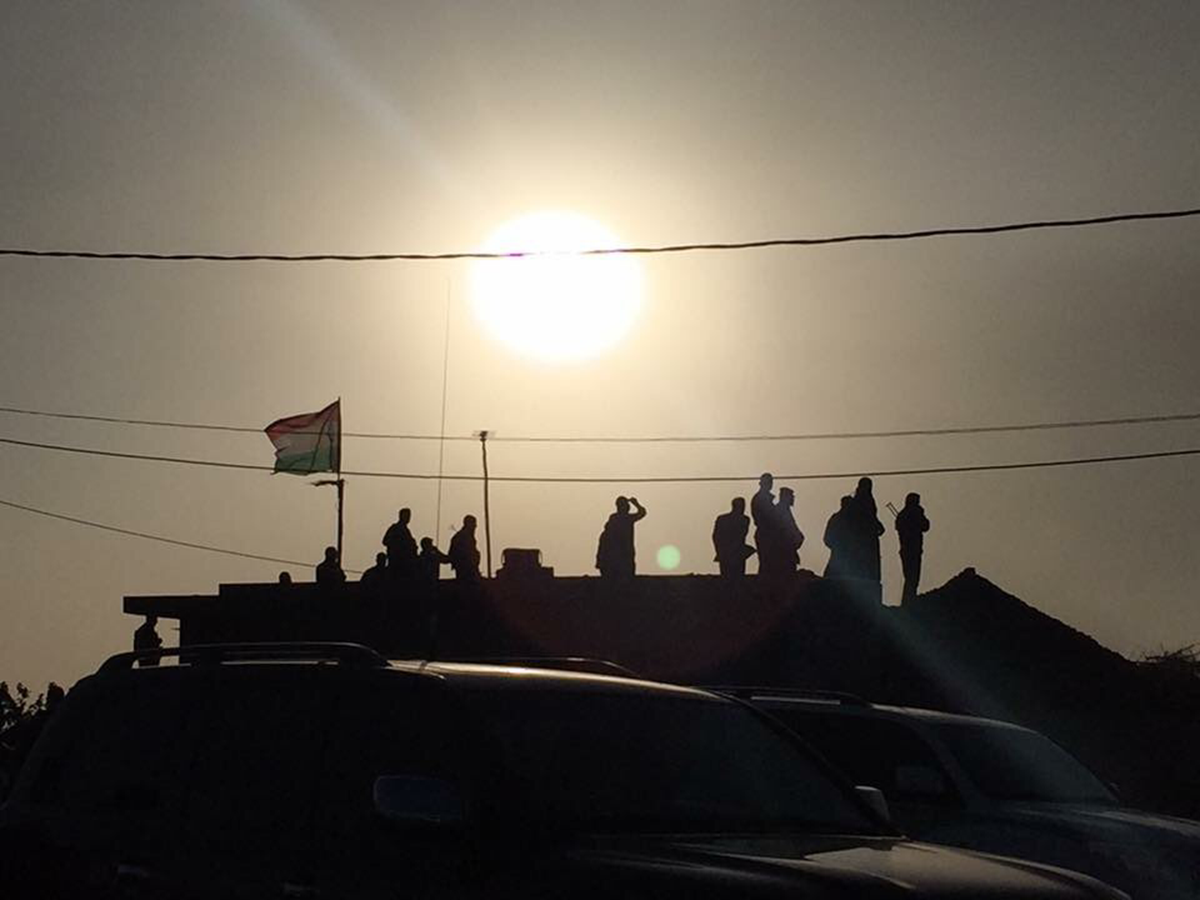The timidity of the international community in the face of the Sept. 25 referendum on an independent Kurdistan is a trifecta of shame, absurdity, and historic miscalculation.
We are talking about a people who have been deported, Arabized by force, gassed, and pushed into the mountains where, for a century, they have mounted an exemplary resistance to the tyranny their Baghdad masters successively imposed on them in defiance of geography and of the Kurds’ thousand years of history.
Theirs is a region that finally gained autonomy with the fall of Saddam Hussein — a region that, when the tsunami of the Islamic State crashed over Mesopotamia in 2014 and the Iraqi Army took flight, was the first to organize a counteroffensive. Since then, over a front 600 miles long, the Iraqi Kurds held off the barbarians and thus saved Kurdistan, Iraq, and our shared civilization.
And it is the Kurds again who, in the run-up to the battle of Mosul, went on the offensive on the Plains of Nineveh, opened the gates to the city, and, through their courage, enabled the coalition to strike at the heart of the Islamic State.
But now that the time has come to settle up, the United States remains stubbornly opposed to the referendum, urging the Kurds to put off their aspirations for independence to an indeterminate date in the future. Instead of thanking the Kurds, the world is telling them, with thinly veiled cynicism, “Sorry, Kurdish friends, you were so useful in confronting Islamic terror, but, uh, your timing is not so good. We don’t need you anymore, so why don’t you just go on home? Thanks, again — see you next time.”
It is said the referendum will distract attention from the common fight against the Islamic State and interfere with the Iraqi elections scheduled for next year. But everyone knows, except when they choose not to admit it, that the military part of the battle ended with the fall of Mosul, thanks largely to the Kurds themselves. Moreover, who can guarantee that the Iraqi national elections will take place as scheduled rather than being adjourned, just as we are asking the Kurds to adjourn theirs?
An independent Kurdistan, the commentators continue, would imperil regional stability. As if Syria, mired in war; Iran, with its revived imperial ambitions; and decomposing Iraq, that artificial creation of the British, are not dangers far greater than little Kurdistan, a secular and democratic friend of the West with an elected parliament and free press!
Independence, the talking heads insist, would threaten the territorial integrity of the four nations — Iraq, Iran, Syria, Turkey — across which the Kurdish nation is spread. It is as if these voices are unaware that the present referendum concerns only the Kurds of Iraq, who have no ambition to form a greater Kurdistan with their “brothers” and “sisters” in Turkey and Syria, whose crypto-Marxist leadership is ideologically incompatible with that of the Iraqi Kurds.
But what about the reaction of Iran’s Revolutionary Guards, one asks? What about Turkish President Recep Tayyip Erdogan’s reported threat to cut the pipelines that connect Iraqi Kurdistan to the rest of the world? I do not believe that it is the role of the West to act as a press agent for two dictatorships that detest us, nor do I see why the blackmailing of one’s neighbors should be condemned when practiced by Pyongyang but facilitated when it comes to Tehran or Ankara.
Sadly, however, no argument is too feeble to be used to justify our request to “delay.” It feels like an Orwellian nightmare, or a festival of bad faith, in which all arguments are turned into their opposites.

